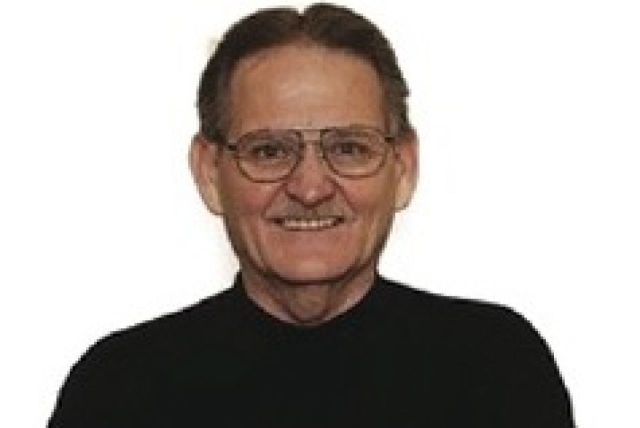Thoughtful & Compassionate Optimism

She was raised on a ranch in the territories, during the 1870s and 80s. At that time and in that place, there was lots of boundary pushing and limit testing, and she could hold her own with the best of them. There was also lots of riding, herding, roping, hunting, and hard work, and she could hold her own there as well.
As a child, her Dad took her to meet a guy from back east who had moved west after the death of both his wife and his mother. He bought land and started a ranch. He was trying to deal with his grief by throwing himself into life on the frontier. This guy had an exuberance and charm that was electric. He and her Dad worked together for two years, so she was around this guy often and learned a great deal from him, particularly about life and politics.
When they’d get together there was always ample food and conversation, and this easterner loved both. He talked long and earnestly about opportunities, possibilities, an optimistic outlook, and the power of individual initiative to make good things happen. Although she was a girl in a male-dominated setting she never got the notion that this guy or her Dad felt that should or would keep her from grasping opportunities, exploring possibilities, and living life on her terms. Instead, they encouraged her!
At eighteen, she headed east to college. This full-of-life guy had returned to New York. He helped make her entrance into the Ivy League possible. After graduating with a degree in political science and history, she emersed herself in politics. When a vacancy occurred on the Board of County Commissioners in her home county, she became a candidate.
Her gender was an immediate issue to the businessman running against her. He was a long-time resident who operated a chain of dry good stores. Imbued with a seriously undeserved sense of himself, he believed anything he said was credible just because he said it. His campaign was proposals with no real details he could share, aggressive and hate-filled solutions to grossly exaggerated grievances, absurd assertions based on something he heard from sources he could never identify, and childish attacks on his opponent. Anytime he was at a loss for words, he’d introduce some bizarre notion with a phrase like, “Well, everybody knows,” when in fact no reasonable, in-touch-with-reality person actually did.
Having studied the contemporary social, political, and economic landscape of the county, the state, and the nation, she tapped into what the county residents wanted and needed. She shared opportunities to be explored and challenges to be resolved. When she offered data and facts, they were well-researched, and she offered sources. And when she shared her proposals, she also explained her plans for how those proposals could become realities. She never said she could do it alone; instead, she spoke about working together. She made no attacks, and she never responded to her opponent’s.
One of the most recognizable differences between them was that she spoke with voters, not at them like he did. At stump events, which were the backbone of campaigning in that era, she took questions; he never did! When asked about her growing base of support and why she never responded to him she said, “I know what I want to show the voters about myself, and I’m perfectly willing to allow the other candidate to show voters how he wants to be perceived. What he does is not my concern. In the end, the voters will decide which they prefer.” She made it clear that she saw a campaign as a time for candidates to introduce themselves to voters, demonstrate what they see as critical issues and opportunities, and explain how they intend to represent their constituents.
Right before the election, they both ran ads in the county newspaper. His was a full page that included several self-serving comments about himself, replays of baseless attacks on her, and repeats of plan-less proposals. It also included his litany of hate-filled grievances and even a few new absurd assertions.
With limited campaign funds, hers was a small ad. It read as follows: “In any election, voters must decide which candidates are fit to serve. They must determine, each in their own way, which candidate offers a vision for a future they want for themselves, their Children, and their Grandchildren. Only by doing so can they reasonably hope to live life, as much as possible, on their own terms and in their own way. Please vote, trusting your thoughtful minds and your compassionate hearts. Thank you!”
The optimistic legacy of that easterner, President Theodore Roosevelt, lived on through her; and it can live on through you!
